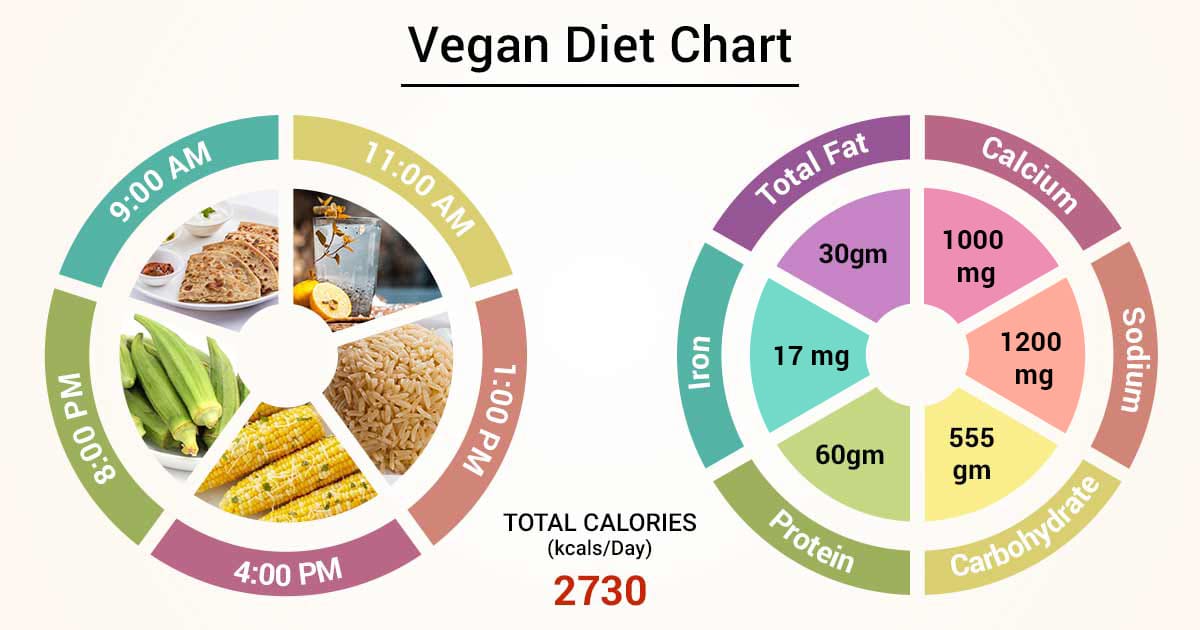Eggs are among the most nutrient-rich foods you can incorporate into your diet, offering your body essential proteins, antioxidants and vitamins.
Eggs have been consistently found to be safe and helpful in improving various health markers, and provide a healthy alternative to processed food products.
Eggs
Although eggs have received considerable criticism as being unhealthy foods, eating eggs still provides many health advantages. Eggs provide high-quality sources of protein and nutrition while helping improve heart health.
Eggs make an ideal addition to a plant-based diet as they help absorb fat-soluble vitamins and antioxidants from vegetables. Furthermore, eggs are economical, easy to prepare and convenient.
Boiling eggs makes an excellent breakfast meal or addition to a plant-based diet and regular physical activity regime, both proven ways of helping individuals shed excess weight or maintain healthful weight loss.
Vegetables
Vegetables are one of the greatest sources of vitamins, minerals, and antioxidants. Eating vegetables along with high-quality sources of protein like eggs can help your body better absorb these essential vitamins and nutrients while improving overall health.
Eggs are an excellent way to add protein into your diet while providing essential vitamins and nutrients such as B12, choline, selenium, iodine and manganese which all play an integral part in maintaining an immune system, brain health and muscular wellbeing.
Studies have demonstrated that pairing hard-boiled eggs and vegetables together can improve absorption of fat-soluble vitamins and carotenoids, as well as promote better digestion. The combination also makes an appetizing addition to any healthy meals!
Dairy
Eggs are an excellent source of protein, vitamins (A,D andB6) and minerals, including the antioxidants lutein and zeaxanthin that may aid with vision health.
Eggs offer many health advantages; yet many people avoid eating them due to misconceptions regarding cholesterol content. That is an inaccurate assessment.
Blood cholesterol levels are determined by both carbs and fat intake. While eggs do contain some cholesterol, its amount is negligible.
Experts advise individuals to follow a healthy eating pattern and limit daily cholesterol consumption to 300 mg, noting that other dietary factors, like saturated and trans fats, have an even larger impact on heart disease risk than dietary cholesterol alone.
Pulses
Pulses, or legume seeds, are edible seeds of plants belonging to the legume family and contain edible seeds of dry beans, faba beans, lentils, and peas. Pulses provide an abundance of protein and fibre essential for maintaining a healthy diet.
Low-glycemic index foods, like nuts, are another great way to regulate your blood glucose levels and prevent diabetes.
Pulses are an excellent source of both protein and fibre. Furthermore, they’re an excellent source of folate, calcium, potassium, zinc, iron, magnesium and vitamin B as well as rich sources of antioxidants such as isoflavones and phenolic acids.
Soaking dried pulses such as lentils, aduki beans and blackeye beans before cooking is essential in preventing shell cracking and cutting the total cooking time by approximately half.
Fruit
Eggetarians love eggs for many reasons – they’re versatile, easy to prepare and loaded with essential nutrients. Plus they make for tasty snacks all on their own as well as pairing well with other fruits and vegetables in delicious ways!
Fruit is the seed-bearing structure in plants that develops from flower ovarian tissue when mature enough, typically found sweet and edible raw or processed into jam or marmelade products.
Fruits are generally divided into four groups according to their morphology and anatomy: simple, aggregate, multiple and accessory fruits. Simple fruits such as berries, apples and bananas fall under this category while aggregate varieties like starfruit, strawberries and grapes belong in aggregate while multiple refers to any fruit that grows from more than one part of one plant, like peaches and cherries.




